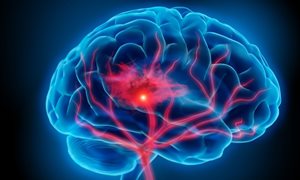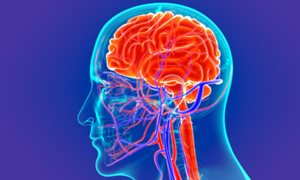5 June 2020
In his interview with the newspapers, Olde Rikkert argues that the effect of the corona virus on especially elderly people were ignored or mistaken by the government. Many years of accumulated knowledge were basically overlooked, as if they didn't exist anymore, he adds. One such example is the firm criteria for the diagnosis, which required a minimum body temperature of 38 degrees. This is remarkable when considering the fact that standard body temperature amongst elderly can be 1 or 2 degrees lower than average. As such, an elderly with a body temperature of 37 degrees might already have a fever reaction.
Moreover, the social isolation of many older persons is also having firm drawbacks that for some are very serious. Loss of muscle function, but also loneliness and loss of wellbeing, and even lower immune function are adverse effects of lock-downs of many older persons at their homes or in institutes.
Another aspect is that unnecessary shortage of personal protection and corona testing caused a lot of anxiety among health care professionals in care for the elderly. As this panic is now gradually subsiding, Olde Rikkert pleads for a critical evaluation of the current policies and their adverse effects, and to learn lessons from each other.

In his interview with the newspapers, Olde Rikkert argues that the effect of the corona virus on especially elderly people were ignored or mistaken by the government. Many years of accumulated knowledge were basically overlooked, as if they didn't exist anymore, he adds. One such example is the firm criteria for the diagnosis, which required a minimum body temperature of 38 degrees. This is remarkable when considering the fact that standard body temperature amongst elderly can be 1 or 2 degrees lower than average. As such, an elderly with a body temperature of 37 degrees might already have a fever reaction.
Moreover, the social isolation of many older persons is also having firm drawbacks that for some are very serious. Loss of muscle function, but also loneliness and loss of wellbeing, and even lower immune function are adverse effects of lock-downs of many older persons at their homes or in institutes.
Another aspect is that unnecessary shortage of personal protection and corona testing caused a lot of anxiety among health care professionals in care for the elderly. As this panic is now gradually subsiding, Olde Rikkert pleads for a critical evaluation of the current policies and their adverse effects, and to learn lessons from each other.
Related news items

Milk fat to attenuate obesity-related neurological co-morbidities
18 November 2021 The use of lipids to attenuate co-morbidities of obesity may sound paradoxical. However, it has shown to be particularly relevant in the fight against a less familiar co-morbidity of obesity, as it can induce alterations in white matter tracks, neuroinflammation and increases the risk of dementia. go to page
Early stage biomarker for Alzheimer's disease
4 November 2021 Researchers from the translational metabolic lab and department of neurology, in collaboration with researchers from University of Barcelona, set out to research a new biomarker in cerebrospinal fluid called “neuroleukin” for Alzheimer's disease. go to page
Palliative care for people with Parkinson’s Disease and their family Caregivers Current state of affairs
7 October 2021 Advanced stage Parkinson’s disease can cause a variety of symptoms, for which palliative care can be beneficial, though research from the point of view of patients in later stages is still rare. Radboudumc researchers therefore placed their patients perspectives at the center of their recent study. go to page
Radboudumc to lead research team into tackling future pandemics NWO funds complexity research on pandemics
5 August 2021 The Radboudumc is going to lead a study on how to deal with future pandemics, together with Radboud University and the University of Amsterdam. Rick Quax from the Informatics Institute/IAS is involved in this project. go to page

